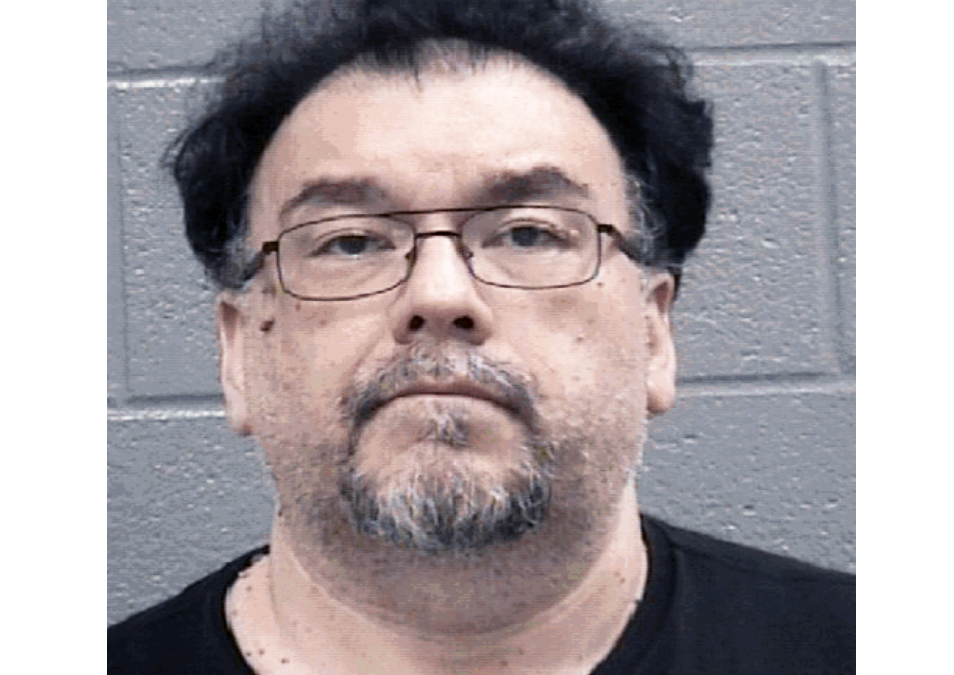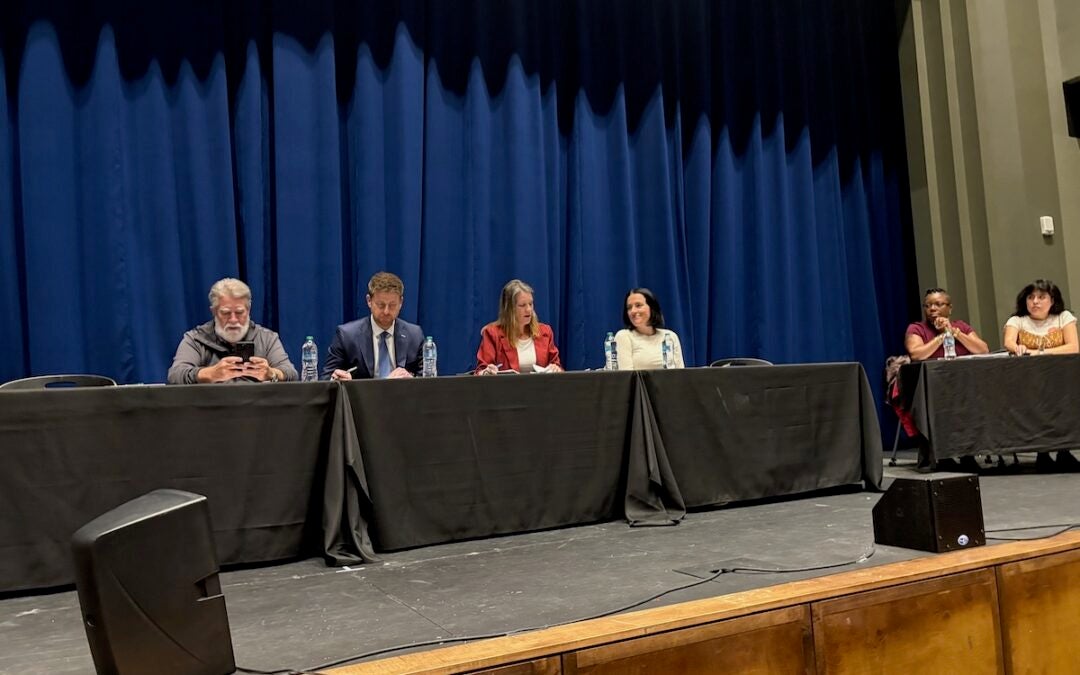Rosh Hashanah, also known as the Jewish New Year, is one of Judaism’s holiest days to devout believers, and entails a festival that celebrates the creation of the world while marking the start of the Jewish year.
Marking the beginning of the “Days of Awe” and giving Jews a chance for deep introspection over the span of 10 days, Rabbi Zalman Fischer of the Chabad Jewish Center of Augusta said the holiday involved many moving parts, including food and symbolic sounds.
“It’s also a day of judgment and the anniversary, according to our calculations in the Bible, of the creation of Adam and Eve,” he said. “Even though it’s a day of judgment and there’s a seriousness to it, it’s also a holiday, and there are festivities also.”
Comparing the holiday to honoring how God “takes stock,” Fischer said the holiday offered Jewish believers the chance to improve themselves whilst looking forward to another great year.
“We wish each other a good, happy year; the actual traditional wish is, ‘You should have a good and sweet year,’” he said. “Rosh Hashanah is a two-day holiday, but it also begins a month-long holiday season. So there’s a few other holidays that are going to follow, and that’s going to start in the next few weeks.”
Highlighting many Jewish traditions, such as spending long amounts of time praying, Fischer said the oldest practice many temples emphasize in Rosh Hashanah is the inclusion of a Shofar – a trumpet made from a ram’s horn which is charged with the task of producing four different notes.
The tradition, also referred to as Yom Teruah which means the sounding of the shofar, requires the shofar blower to play four sets of notes: tekiah — a long unbroken blast; shevarim — three short, broken ones; teruah — nine staccato blasts and tekiah gedolah — another very long blast.
“Hearing the blasts is the height, if you will, of the service,” said Fischer. “The Torah doesn’t spell out the purpose of it, but you find in many other studies … that the shofar is supposed to be a spiritual alarm clock, a wake up call for this time of year.”
To Fischer, the weighty sound causes one to feel stirred within.
Featuring family meals that symbolize plentifulness or sweetness, Fischer said extra prayers, which are only recited during Rosh Hashanah, are also incorporated into meal times in the hopes of manifesting a positive new year.
“There’s a lot of fruit symbols that are incorporated,” he said. “For example, it’s almost a universal custom to eat an apple dipped in honey, and the food partaken matches the prayer; so that one might be, ‘have a sweet year.’”
To Fischer, his personal favorite aspect of the holiday is witnessing his congregation grow as individuals as well as a community.
“As a Rabbi, it’s almost like an annual awakening where a lot of people are paying more attention to their own spiritual self, and that’s very meaningful to see,” he said. “It’s very powerful to see how people take themselves and life more seriously, and resolve to become better people.”
After Rosh Hashanah and Yom Kippur, Sukkot and Simchat Torah will begin. While Sukkot lasts for seven days, from Sept. 29 to Oct. 6, to honor the time the Jews wandered in the desert following their slavery in Egypt, Simchat Torah focuses on the turning of the Torah in order to ring in a new cycle of Torah readings.
The Chabad Jewish Center of Augusta, located at 3924 Old Furys Ferry Road, will host a morning service on Saturday, Sept. 16, at 9:30 a.m., followed by a Torah reading and sermon at 11:15 a.m. The temple will also offer a morning service on Sunday, Sept. 17, at 9:30 a.m. with a Shofar sounding and sermon at 11:45 a.m. and an evening Tashlich service at 7 p.m.
Yom Kippur services will start on Sunday, Sept. 24, at 7:15 p.m. and continue at various times until Monday evening, Sept. 25.
Rosh Hashanah will officially end at 8:09 p.m. on Sunday, Sept. 17.
For more information about the Chabad Jewish Center of Augusta, please visit: https://www.chabadaugusta.org/











